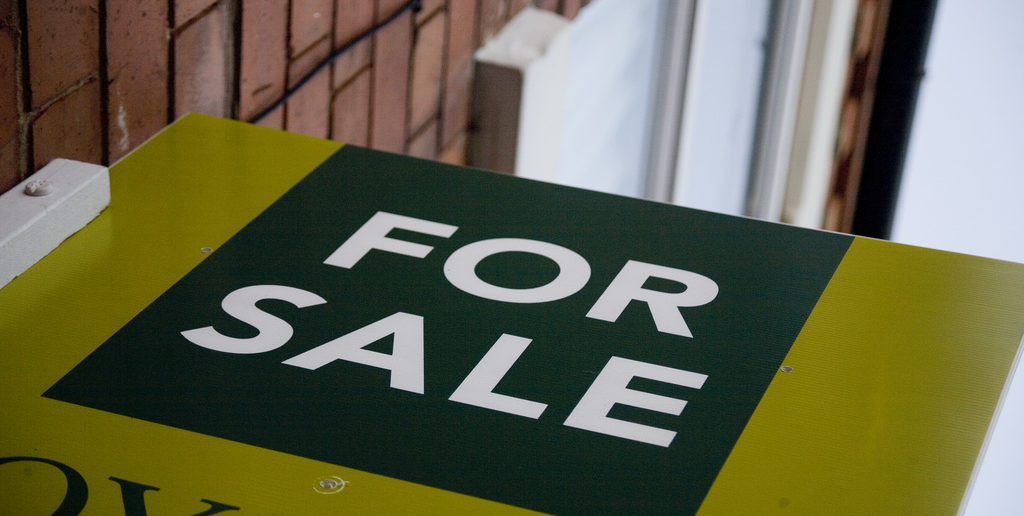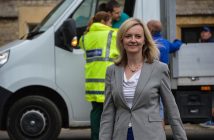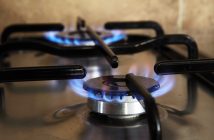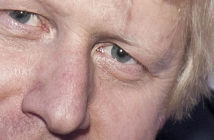Dozens of MPs are set to make hundreds of thousands of pounds in profits from the sale of their tax-payer-funded second homes, new research reveals.
Many MPs claimed expenses for mortgage interest payments, furniture, and other household expenditure for the second homes under the lax MPs expenses rules prior to 2010. As they stand down after the upcoming general election and sell their second homes, much of the tax-payer money spent on these properties will now be turned into hundreds of thousands of pounds in profits, according to findings by online estate agent eMoov.
The expenses scandal rocked the political establishment in 2010, with a number of MPs forced to repay money used for frivolous expenses, which included a duck island and roof repairs on a stately home. However, the majority of second homes expenses were approved, as MPs claimed that having a second home in London was a requirement, even if their constituency was less than an hour’s commute from the capital.
There are 43 MPs who were elected before 2010 and who have expressed their intent to stand down at the next election, and according to the research, 37 of these MPs have claimed second homes allowances in excess of £100,000 over the last ten years.
Emoov.co.uk has used the public expenses records (from 2001 to today) of a sample of MPs to calculate how much profit they would make if they were to sell their second home. Incredibly, the average capital gain is estimated to be £546,021.86, while the highest is £751,469 and lowest £189,319.
Of all the MP used as examples in the Emoov.co.uk calculations, each and every one of them has claimed at least £140,000 in second homes allowances from 2001 to 2014. As London property prices have sky-rocketed during these years – by 155% to be exact – it is clear that these MPs stand to make a huge profit.
The research is based on estimations, but judging by the MPs who have already sold their second homes, it could prove accurate. In 2013, the Telegraph reported how Tory Exchequer Secretary David Gauke sold his flat in Kennington and made £67,000 in capital gain. He only was asked to repay £26,762, despite receiving more than £13,000 in expenses to cover the mortgage interest on the flat between 2010 and 2012.
Martin Bell, a former independent MP, has spoken out and said that the issue should be ‘an open and shut case’ and that there is no question of MPs keeping the profit. Bell thinks MPs should give back their entire capital gain to the taxpayer.
Russel Quirk, chief executive of eMoov, who performed the research, commented:
“As someone who takes an active interest in local and national politics, I am appalled that elected representatives are able to make personal gain from public money. The reform of the expenses system that began in 2010 is not complete until this capital gains anomaly is fixed, as MPs are simply playing the property market at the taxpayer’s expense. The very same people who are struggling to get on the property ladder are forced unwittingly to give MPs a helping hand from their taxes, and I think that is wrong.”
As more and more people speak out against the second home scandal, politicians are coming under increasing pressure to return their profits to the country.
In 2014, Conservative MP Maria Miller faced an inquiry after it was discovered she did not reduce her expenses claims when mortgage interest rates fell. She claimed £90,000 in total over four years for her second home, even as she lived in the home at the time with her husband and parents, while renting out her main residence.
Miller and her husband made a profit of £1,236,000 when they sold the house last year, but was only ordered to pay back £5,800.
The public agrees that MPs should pay back any profit they make on the sale of their second homes. Emoov carried out a survey on the matter and they found that 87% of people asked thought it unfair for MPs to make a profit and that the money should be repaid. 91% of people who agreed with this statement were aged 55-100, which coincidentally is the age bracket with the highest turnout when it comes to voting.
Estimated profit that could be gained by MPs:
[table]| MP (Party) | Constituency | Gained seat | Second home location | Second home allowances claims (2001-2011) | Estimated profit (if sold today) | Charles Hendry (Conservative) | Wealden | 1992 | East Sussex | £177,533 | £560,444 | Sir Jim Paice (Conservative) | South East Cambridgeshire | 1987 | Kennington, London | £163,584 | £375,857 | Sir George Young (Conservative) | Hampshire North West | 1974 | Victoria, London | £172,939 | £750,824 | Shaun Woodward (Labour) | St Helens South | 1997 | London (undisclosed) | £173,140 | £751,469 | Meg Munn (Labour) | Sheffield Heeley | 2001 | Westminster, London | £185,213 | £571,189 | Dawn Primarolo (Labour) | Bristol South | 1987 | Westminster, London | £158,717 | £623,051 | Don Foster (Liberal Democrat) | Bath | 1992 | London (undisclosed) | £167,351 | £189,319 |
|---|




